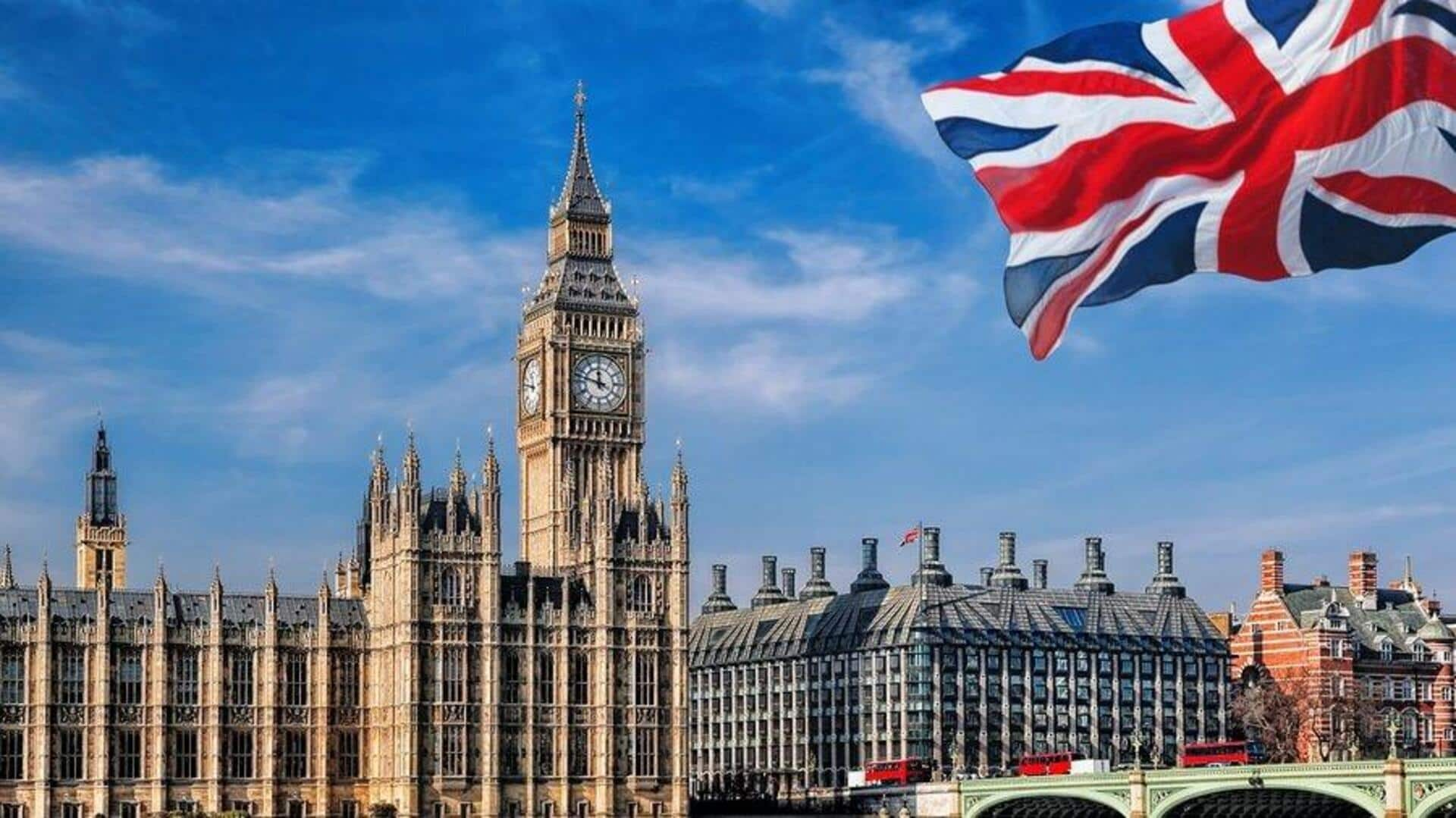
UK economy shrinks in Q3, raising recession fears
What's the story
The United Kingdom's economy has shrunk by 0.1% in the third quarter, as per updated official data, raising concerns about a possible recession. This setback challenges Prime Minister Rishi Sunak's commitment to enhance economic growth before the expected general election next year. The Office for National Statistics (ONS) links this decline to weaker performances in small businesses, film production, engineering and design, and telecommunication and IT sectors.
Details
Lesser-than-expected economy growth
GDP growth for the second quarter was also adjusted to zero growth from a previous estimate of 0.2% expansion. Darren Morgan, an ONS director of economic statistics, said, "The latest data from both our regular monthly business survey and VAT returns show the economy performed slightly less well in the last two quarters than our initial estimates." He added that the overall picture is of an economy that has barely changed over the past year.
What Next?
Interest rate hikes and rising savings ratio impact economy
The Bank of England's 14 interest rate hikes in the past two years, increasing borrowing costs from 0.1% to 5.25%, seem to have affected corporate sectors and household spending more than anticipated. This is evident in the rising savings ratio, which went up to 10.1% in Q3 from 9.5% in Q2 as incomes grew more than expenditure. A technical recession happens after two consecutive quarters of GDP contraction, and another contraction in Q4 would push the UK into that situation.
Insights
Rate cuts coming?
Finance Minister Jeremy Hunt suggested the Bank of England (BoE) might cut interest rates to boost growth. "There's a reasonable chance that if we stick to the course we're on, we're able to bring down inflation, the Bank of England might decide they can start to reduce interest rates," Hunt told the Financial Times. Earlier this month, BoE kept interest rates unchanged at 5.25%, a 15-year high. It said the policy will stay "restrictive for an extended period of time."